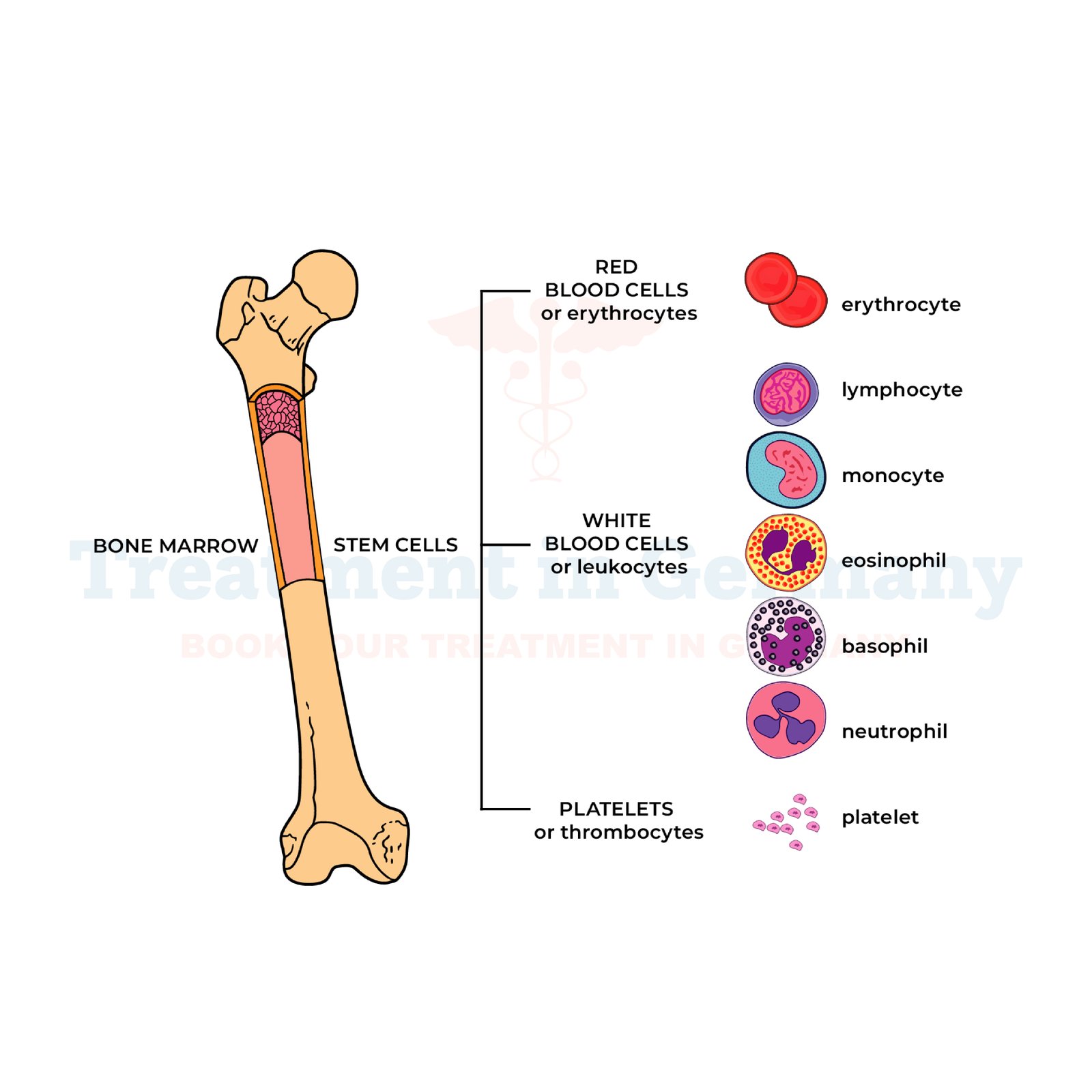What is Essential Thrombocythemia:
Essential Thrombocythemia (ET) is a rare chronic blood disorder characterized by the overproduction of platelets in the bone marrow. Platelets are crucial for blood clotting, but an excess can lead to complications such as blood clots, bleeding, and other related issues.
While the exact cause of ET is often unknown, it is believed to involve genetic mutations in the bone marrow cells responsible for platelet production.
Side effects of Essential Thrombocythemia:
The symptoms of Essential Thrombocythemia can vary from person to person and may include:
- Blood Clots: Excessive platelets can increase the risk of blood clots, which can lead to serious conditions like stroke or heart attack.
- Bleeding: Despite increased platelet count, some individuals may experience abnormal bleeding, especially in the mucous membranes and skin.
- Headaches: Persistent headaches, often accompanied by visual disturbances, are common in ET patients.
- Weakness and Fatigue: Due to altered blood circulation and potential complications, fatigue and weakness can be frequent.
- Enlarged Spleen: Some individuals may develop an enlarged spleen (splenomegaly) due to the increased workload of filtering excess platelets from the blood.
How is Essential Thrombocythemia diagnosed?:
Diagnosing Essential Thrombocythemia typically involves a combination of medical history review, physical examination, and laboratory tests. These may include:
- Complete Blood Count (CBC): A blood test to measure the number of platelets and other blood cells.
- Bone Marrow Biopsy: A procedure to collect and examine a small sample of bone marrow to confirm the diagnosis and identify any underlying genetic mutations.
- Genetic Testing: Identifying specific genetic mutations, such as the JAK2, CALR, or MPL mutations, can help confirm the diagnosis of ET.
Potential treatments of Essential Thrombocythemia:
While there is no cure for Essential Thrombocythemia, treatment aims to manage symptoms, prevent complications, and reduce the risk of blood clots. Treatment options may include:
- Medications: Blood thinners (anticoagulants) may be prescribed to reduce the risk of blood clots, while medications like hydroxyurea or interferon-alpha can help lower platelet counts.
- Aspirin Therapy: Low-dose aspirin may be recommended to reduce the risk of clotting.
- Phlebotomy: In cases where platelet levels are extremely high, periodic removal of blood (phlebotomy) can help reduce platelet counts.
- Targeted Therapy: For individuals with specific genetic mutations, targeted therapies may be available to help manage the condition.
👉 Contact us for further information and receive acomplimentary consultation.


.webp)
 (1).webp)

.webp)
 (1).webp)


.webp)
 (1).webp)

.webp)
 (1).webp)
